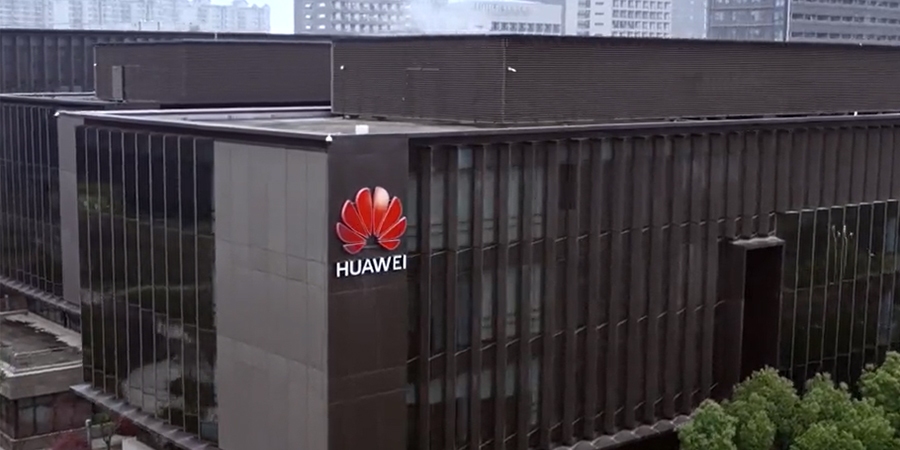Bouygues Telecom and SFR are seeking financial compensation from the government for having to remove and replace Huawei's radio equipment, according to a local news source.
The two mobile operators have initiated legal proceedings against the French state at the Administrative Court of Paris to get compensation for the 2019 order to remove Huawei equipment from their networks in strategic locations.
The operators maintain that the process is cost-intensive, a burden enforced by the state when it refused to issue an outright ban on Huawei equipment, as was done by the UK back in 2020.
The news report states that the French government opted to replace Huawei kit in strategically located areas, namely in densely populated areas where the vendor's equipment was prominent.
Not long after this decision, a new law dictated that any new or renewed mobile equipment licenses would need to be backed by France's cybersecurity agency, ANSSI. However, shortly after this announcement, the ANSSI said it was unlikely to give such permission for Huawei equipment, essentially issuing a de facto ban on Huawei's kit by 2028.
Both telcos contested the decision, given that Huawei played a key role in supporting both operators' 5G plans with its radio equipment.
As per the news report, Bouygues and SFR are eager to recover the costs involved in extracting and replacing the Huawei equipment, which both companies have been doing since 2021 at the government’s behest.
Bouygues has reportedly spent €82 million ($90 million) for the process, noting that this only covers a small portion of the 3,000 antennas that will need to be replaced by 2028.
Meanwhile, SFR has not yet disclosed the figure it's seeking, but the operator needs to replace more than 8,000 antennas by the same deadline, meaning this cost is expected to exceed Bouygues' claims.
In the UK, BT has maintained that removing Huawei from its networks will cost around £500 million ($700 million).
In recent years, Huawei has become a leading supplier of the backbone equipment for mobile networks, particularly in developing markets, thanks to cheaper prices. Spearheading cutting-edge 5G equipment has also seen it make inroads into developed markets. Also read: Huawei Sees Annual Profit Slump Amid Heavy R&D Investment
However, the US and a growing number of Western states have accused Huawei of using its equipment as espionage tools for Chinese intelligence services. Huawei continues to vehemently refute such allegations.
Also read: The Move Towards 5.5G Era Will Require Collaborative Effort, Says Huawei’s An Jian
Also read: Huawei Launches Three Latest Optical Solutions to Drive F5.5G Network Evolution










